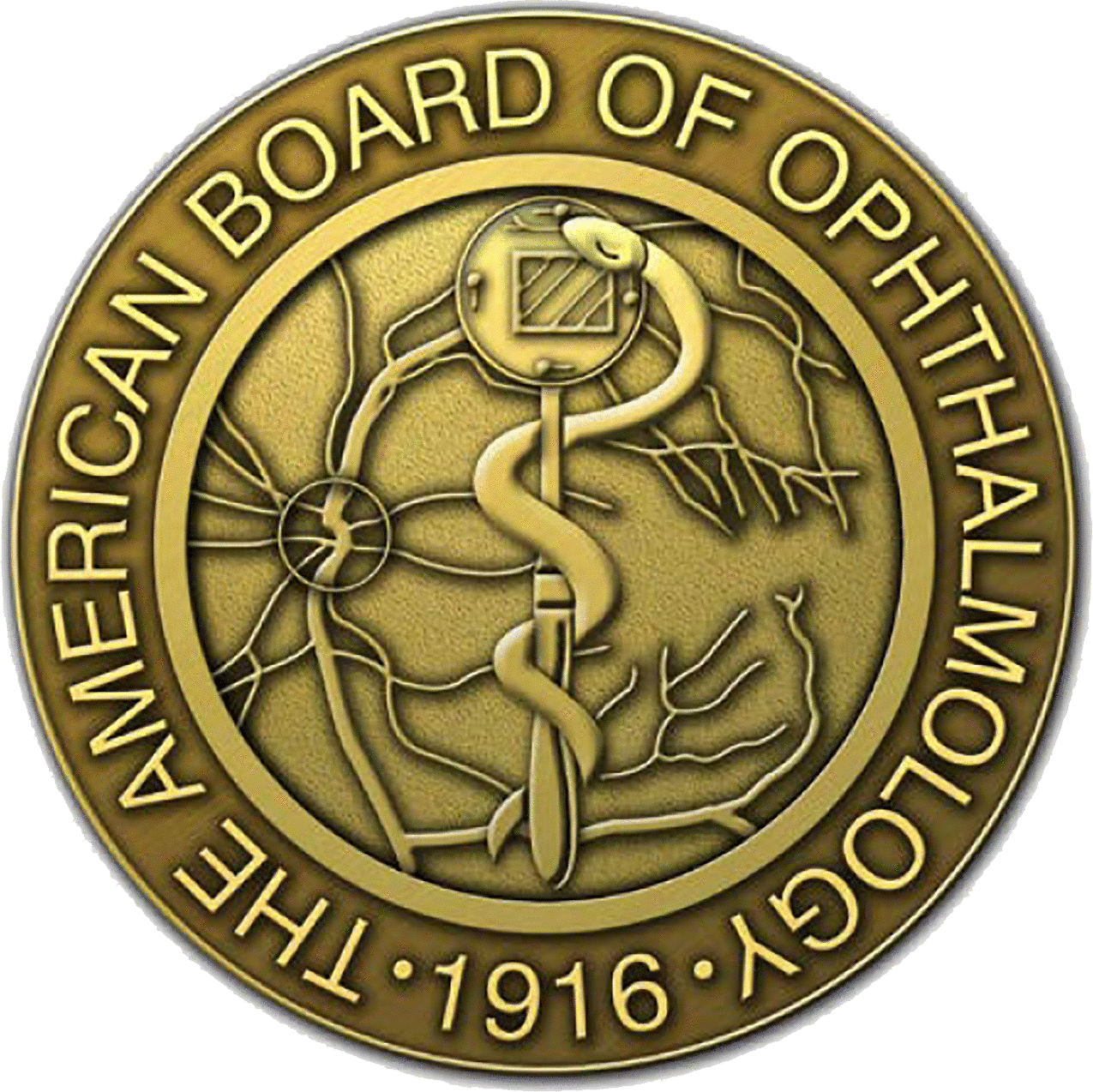The search information provided on this page details the American Board of Ophthalmology certification history for each ophthalmologist. Search by name or location for a board-certified ophthalmologist using the fields below. The online directory uses the city and state provided by each physician as a mailing address and is not necessarily the physician's city and state of practice.
Enter the name and/or location of your physician to verify their certification.
How to Interpret Certification Status
Board Eligible
Ophthalmologists who are not yet board certified are considered “Board Eligible” by the American Board of Ophthalmology for up to seven years after graduating from a residency training program in the specialty of ophthalmology. After seven years, they may continue to pursue board certification, but may not use the term Board Eligible.
Certified (Non-Time-Limited)
Ophthalmologists who achieve board certification and voluntarily complete a rigorous evaluation of their knowledge, skills, and experience. Non-time-limited certificates were issued prior to 1992 and do not require participation in Continuing Certification; however, the ABO encourages all board-certified ophthalmologists to participate.
Certified (Time-Limited)
Ophthalmologists who achieve board certification and complete a rigorous evaluation of their knowledge, skills, and experience. Time-limited certificates were issued starting in 1992 and are valid for a period of 10 years. Board-certified ophthalmologists who hold time-limited certification are required to renew their certificates through participation in Continuing Certification.
Certified - Clinically Inactive
Clinically Inactive ophthalmologists report having no direct patient care. Despite no longer seeing patients, Clinically Inactive physicians remain board certified and have chosen to participate in the Continuing Certification program in the areas of ophthalmic knowledge and skills.
Certified - On Probation
The American Board of Ophthalmology may place a diplomate’s board certification on probation for various reasons including, but not limited to, mirroring the action of the ophthalmologist’s state medical licensing board. In such instances, a link to the state medical board is provided for further information.
Retired
Board-certified ophthalmologists may change their public reporting status to “Retired” when they are no longer engaged in the active practice of ophthalmology and have ended their professional careers.
Not Certified
Ophthalmologists who are no longer certified by the American Board of Ophthalmology for any reason are listed as Not Certified. Dates of previous certification are displayed in the Certification History column.
 Participating in Continuing Certification
Participating in Continuing Certification
Continuing Certification signals an ophthalmologist's commitment to high standards. Through a series of structured learning activities and assessments, board-certified eye physicians and surgeons enrolled in this program verify to the American Board of Ophthalmology that they are staying up to date in clinical knowledge and continuously exploring ways to improve patient care.